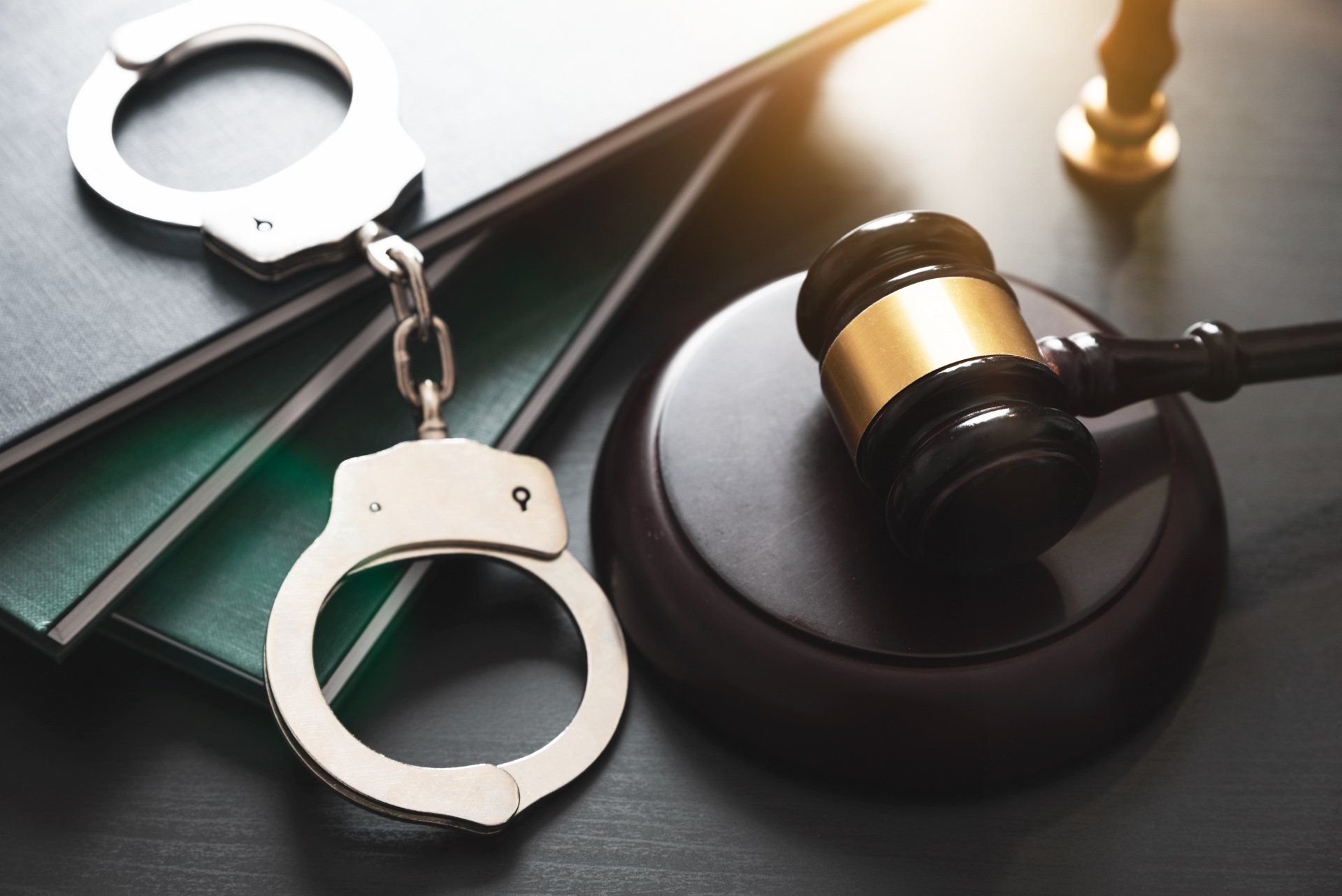Myths on Facing Criminal Charges in the State of Georgia

There are many myths and misunderstandings when it comes to criminal charges. Believing myths and being misinformed can increase your risk of legal trouble and lead to poor decision making. Therefore, it is critical to debunk these myths, so you have a better understanding of your rights.
1. Pleading guilty, being convicted and being guilty are not all the same things.
When someone is found guilty of a criminal offense at trial, he or she is convicted. However, being convicted is not necessarily the same as being guilty of the criminal offense. Some people are wrongfully convicted of crimes.
Stats vary on how common wrongful convictions are. According to the National Registry of Exonerations, between two and 10 percent of convicted people in prison are innocent. Six percent of prisoners surveyed in a Journal of Quantitative Criminology study said they were wrongfully convicted.
Studies have suggested a majority of wrongful convictions are due to official misconduct, often involving law enforcement or prosecutors. Other wrongful convictions may be due to eyewitness misidentification, false confessions, poor legal defense, misleading witness testimony or forensic mistakes.
An innocent person may also enter into a plea agreement. An innocent person could be charged with a crime that carries a 20-year sentence. The prosecutor offers to dismiss the serious charge if the accused pleads guilty to a lesser offense that carries a two-year sentence. The innocent person’s defense attorney may urge them to plead guilty to the lesser offense, since doing two years for a crime they didn’t commit is a lot better than doing 20 years.
2. You have to talk to police.
Unfortunately, mainstream media often relies on inaccurate myths. Countless television shows would have you believe you have certain obligations. For instance, many sitcoms further the belief that you are required to talk to police officers. However, if a police officer stops you, you may remain silent.
However, you should not lie or fight—physically or verbally—with a police officer. Although it may feel like you’re justified in defending yourself, your words and actions can be used against you. It is in your best interest to keep a cool head.
3. Police can’t lie to you.
You’ve probably seen some character on television say, “You have to tell me if you’re a cop!” That’s actually not the case. Law enforcement can lie to you if they think it will help them solve a case or resolve a criminal matter.
They may lie about having evidence you did something to get you to admit to doing it. They can lie about having a witness to what you allegedly did. They can tell you the conversation you’re having with them is off the record when it’s not.
That’s why the best thing you can do in every scenario where you’re a suspect is refuse to speak with police until you have a lawyer present.
4. Misdemeanors aren’t a big deal.
The truth is that police officers cannot simply turn a blind eye to every misdemeanor. Although misdemeanors may not be as serious as murder and other felonies, they are still disruptive and can put people and property at risk.
Many traffic infractions in Georgia are technically misdemeanors. Speeding may not seem like a big deal, but police officers must take reckless and careless driving seriously. This type of risky driving not only puts the driver at increased risk for injury, but it also increases the risk of injuring everybody else on the road.
5. Sentences are inflexible, especially for felonies.
When somebody is convicted of a crime in Georgia and must serve time, many people do not think about what happens to him or her after they go to prison. Prison isn’t the end of the story. It’s not uncommon for people who are convicted to qualify for an earlier release thanks to parole.
Parole is a relatively complex process that requires prisoners to meet criteria prior to their release. Most prisoners are eligible for parole after serving the first third of their sentence unless they committed particularly egregious offenses like murder. Even then, parole isn’t necessarily off the table in every circumstance.
6. You Don’t Need a Lawyer After an Auto Accident
Have you been injured in a car crash? It’s true that not every accident justifies calling a lawyer. You likely don’t need a lawyer if you weren’t injured. A lawyer might not be necessary if the insurance company is willing to settle your claim for a fair amount.
Not every auto accident claim is that easy or straightforward. If the insurance company is trying to blame you for the accident, or they’re questioning the severity or source of your injuries, it may be in your best interest to talk with a car wreck attorney.
ATL Elite finds skilled and dedicated personal injury lawyers. If you or a loved one are hurt in a car crash or by the negligent or criminal actions of another individual, call one of the lawyers listed on our website.


